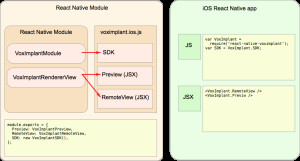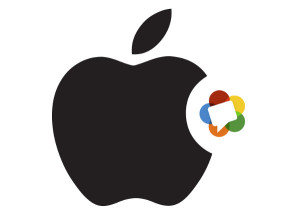It turns out people like their smartphone apps, so that native mobile is pretty important. For WebRTC that usually leads to venturing outside of JavaScript into the world of C++/Swift for iOS and Java for Android. You can try hybrid applications (see our post on this), but many modern web apps applications often use JavaScript frameworks […]
Search Results for: codec
Wiresharking Wire
This is the next decode and analysis in Philipp Hancke’s Blackbox Exploration series conducted by &yet in collaboration with Google. Please see our previous posts covering WhatsApp, Facebook Messenger and FaceTime for more details on these services and this series. {“editor”: “chad hart“} Wire is an attempt to reimagine communications for the mobile age. It is a messaging app […]
Can an Open Source SFU Survive Acquisition? Q&A with Jitsi & Atlassian HipChat
Atlassian’s HipChat acquired BlueJimp, the company behind the Jitsi open source project. Other than for positive motivation, why should WebRTC developers care? Well, Jitsi had its Jitsi Video Bridge (JVB) which was one of the few open source Selective Forwarding Units (SFU) projects out there. Jitsi’s founder and past webrtcHacks guest author, Emil Ivov, was a […]
Facetime doesn’t face WebRTC
This is the next decode and analysis in Philipp Hancke’s Blackbox Exploration series conducted by &yet in collaboration with Google. Please see our previous posts covering WhatsApp and Facebook Messenger for more details on these services and this series. {“editor”: “chad hart“} FaceTime is Apple’s answer to video chat, coming preinstalled on all modern iPhones and iPads. It […]
Why put WebRTC in Webkit? Q&A with the webrtcinwebkit team
The world of browsers and how they work is both complex and fascinating. For those that are new to the browser engine landscape, Google, Apple, and many others collaborated on an open source web rendering engine for many years known as WebKit. WebKit has active community with many less well known browsers that use it, so the […]






